In the realm of documentary filmmaking, few titles have made as profound an impact as “Fahrenheit 9/11,” directed by the controversial and polarizing filmmaker Michael Moore. Released in 2004, the film delves into the political landscape of the United States in the aftermath of the September 11, 2001 terrorist attacks, offering a critical examination of the Bush administration’s response to the tragedy. With its bold storytelling, incisive commentary, and thought-provoking revelations, “Fahrenheit 9/11” remains a powerful and relevant piece of cinema that continues to spark dialogue and debate.
The Filmmaker: Michael Moore
Michael Moore is no stranger to controversy, having made a name for himself as a filmmaker unafraid to tackle contentious subjects and challenge the status quo. With documentaries such as “Bowling for Columbine” and “Roger & Me,” Moore established himself as a provocative and outspoken voice in American cinema. “Fahrenheit 9/11” is perhaps his most ambitious and politically charged work to date, cementing his reputation as a fearless advocate for social justice and political accountability.
The Premise: A Critical Examination of the Bush Administration
At its core, “Fahrenheit 9/11” is a scathing indictment of the Bush administration’s handling of the events surrounding September 11, 2001, and the subsequent invasion of Iraq. Through a combination of archival footage, interviews, and investigative journalism, Moore explores the connections between the Bush family, the Saudi royal family, and the events leading up to the Iraq War. The film raises questions about government transparency, corporate influence, and the erosion of civil liberties in the name of national security.
The Impact: Stirring Debate and Controversy
Upon its release, “Fahrenheit 9/11” sparked widespread controversy and debate, with critics and audiences divided over its portrayal of the Bush administration and its handling of the War on Terror. While some praised Moore for his boldness and courage in confronting the political establishment, others accused him of bias and manipulation. Despite the polarized reactions, the film went on to become a box office success and won the Palme d’Or, the highest prize awarded at the Cannes Film Festival.
The Legacy: A Timely Reminder of the Power of Documentary Filmmaking
Nearly two decades after its release, “Fahrenheit 9/11” remains a poignant and relevant piece of cinema that continues to resonate with audiences around the world. In an era marked by political divisiveness and social unrest, Moore’s documentary serves as a timely reminder of the importance of holding those in power accountable and speaking truth to power. Whether viewed as a critique of American foreign policy or a call to action for social change, “Fahrenheit 9/11” stands as a testament to the power of documentary filmmaking to challenge perceptions, provoke thought, and inspire action.
As our Movie of the Day, “Fahrenheit 9/11” serves as a powerful reminder of the enduring impact of documentary filmmaking on society and politics. Through its bold storytelling, provocative imagery, and fearless advocacy, Michael Moore’s film continues to provoke thought, spark dialogue, and challenge the status quo. Whether you agree or disagree with its conclusions, “Fahrenheit 9/11” remains essential viewing for anyone interested in understanding the complexities of modern American politics and the forces that shape our world.





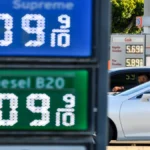

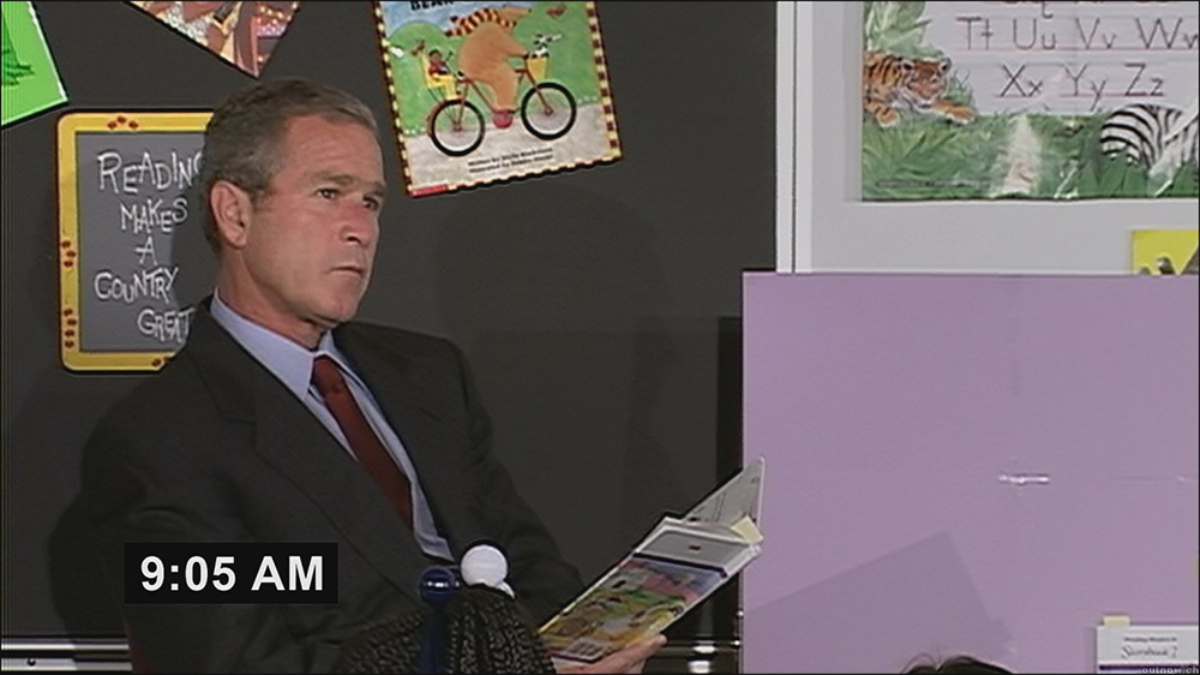

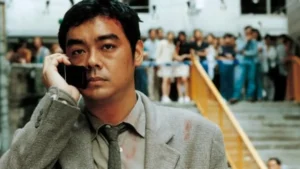

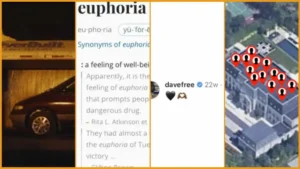




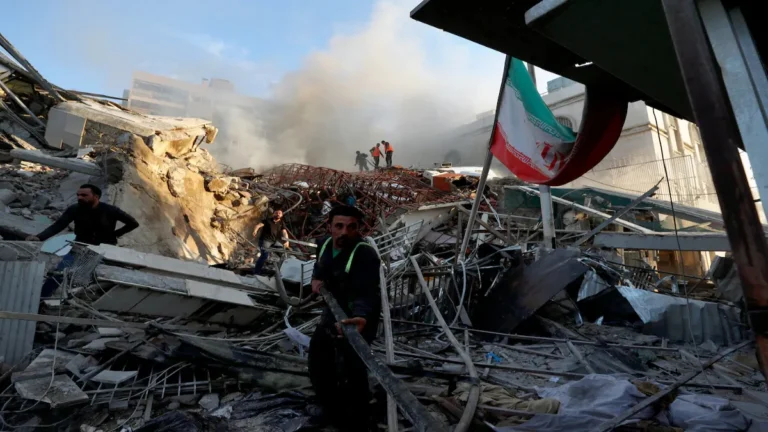

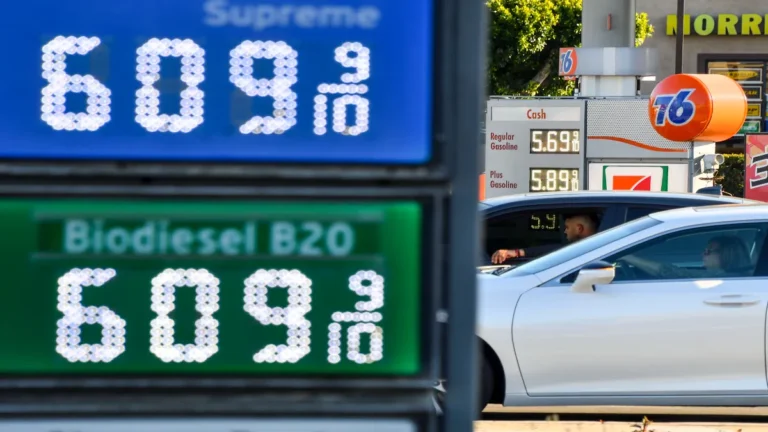


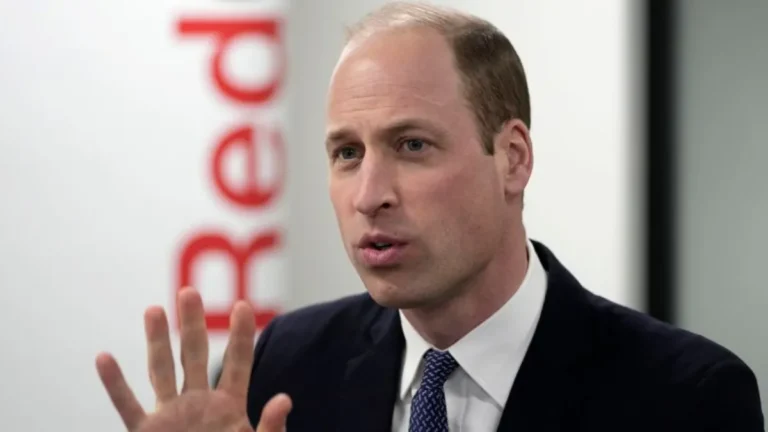


+ There are no comments
Add yours